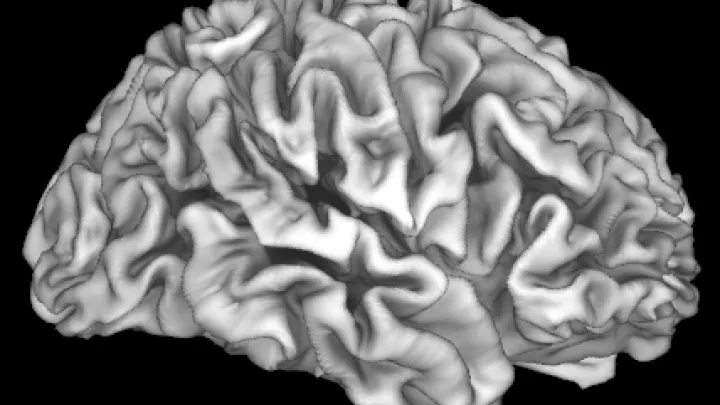
How Socioeconomics May Impact COVID-19-Associated Stress in Youth

Los Angeles (February 15, 2022) — A new study from Children’s Hospital Los Angeles reports good news about socioeconomically disadvantaged communities and their response to the pandemic. The study found that—compared to other communities—parents in disadvantaged communities are talking to their kids more about the risks associated with COVID-19. As a result, the young people are incorporating more disease-preventing behaviors, reducing stress for both themselves and their parents. The study was published in Frontiers in Public Health.
Since the start of the pandemic, reports have emerged about the greater risk of infection, as well as prevalence and disease severity, in economically disadvantaged communities. These communities are also more likely to suffer financial impacts related to the pandemic, such as job loss.
“Given what was being reported about some groups being harder hit by the pandemic, we wanted to find out how parents and adolescents in these communities were perceiving the threat and responding to it,” says Elizabeth Sowell, PhD, Site Principal Investigator of the Adolescent Brain Cognitive Development Study (ABCD study) at Children’s Hospital Los Angeles. Dr. Sowell specializes in the neurodevelopment of children and adolescents and was senior author on the study.
The national ABCD study has been following nearly 12,000 youth and parent participants for more than three years. When the pandemic began, the study was expanded to include questions about parent and adolescent experiences related to COVID-19. The current study includes over 6,000 parent-youth pairs from 20 cities across the U.S., with the goal of determining how family- and neighborhood-level socioeconomic disadvantage related to disease burden, family communication and preventive responses to the pandemic.
The study findings were surprising.

“We were seeing individuals with lower household incomes and living in lower socioeconomic neighborhoods, as reported by census data, were more likely to talk to their kids about COVID-19 preventative behaviors, such as the need for wearing masks, washing hands and avoiding crowds,” said co-investigator Andrew Marshall, PhD, of the Division on Children, Youth and Families at Children’s Hospital Los Angeles, who was first author on the study.
Adolescents from lower income families and neighborhoods had increased risk and diagnosis of COVID-19 because of being front-line workers, taking public transportation and other factors. Yet, because of better communication and risk-reduction behaviors—kids and parents in these families worried less than other families in the study who had higher incomes and lived in socioeconomically advantaged neighborhoods.
“We predicted that things would be worse for families with less resources,” said Dr Sowell. “But for risk-prevention behaviors and worry, that wasn’t true.”
According to the investigators, the biggest takeaway is the realization that some communities are carrying a larger burden related to disease and natural disasters like the pandemic. In addition, although families are doing what they can to mitigate some of these effects, policies and programs are required to reduce these disparities.
The ABCD study is supported by the National Institutes of Health. Additional study contributors include: Daniel Hackman, University of Southern California; Fiona Baker and Orsolya Kiss, SRI International; Florence Breslin, Laureate Institute for Brain Research; Sandra Brown, University of California, San Diego; Anthony Dick, Florida International University; Marybel Gonzalez, Connor McCabe, William Pelham III, Susan Tapert and Natasha Wade, University of California, San Diego; Mathieu Guillaume and Amandine Van Rinsveld, Stanford University; Krista Lisdahl, University of Wisconsin-Milwaukee and Chandni Sheth, University of Utah.
About Children’s Hospital Los Angeles
Founded in 1901, Children’s Hospital Los Angeles is the highest-ranked children’s hospital in California and fifth in the nation on the prestigious U.S. News & World Report Honor Roll of Best Children’s Hospitals. U.S. News ranks Children’s Hospital Los Angeles in all 10 specialty categories. Clinical care at the hospital is led by physicians who are faculty members of the Keck School of Medicine of USC through an affiliation dating from 1932. The hospital also operates the largest pediatric residency training program at a freestanding children’s hospital in the Western United States. The Saban Research Institute of Children’s Hospital Los Angeles is home to all basic, translational, clinical and community research conducted at the hospital, allowing proven discoveries to quickly reach patients. Our mission: to create hope and build healthier futures. To learn more, follow us on Facebook, Instagram, LinkedIn, YouTube and Twitter, and visit our blog at CHLA.org/blog


